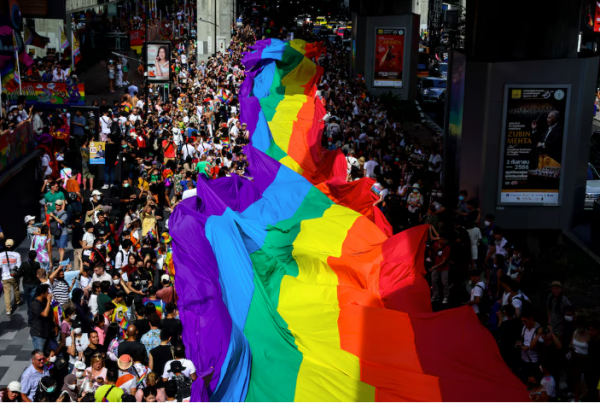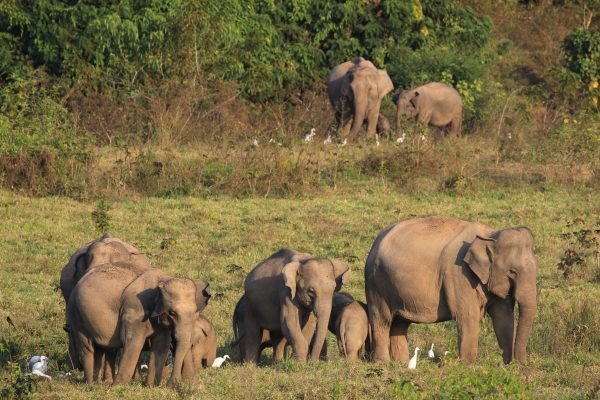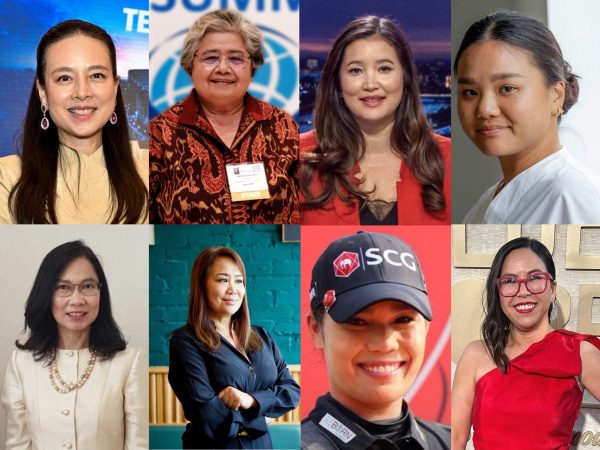APEC 2022: A few highs and some lows for Prayut government
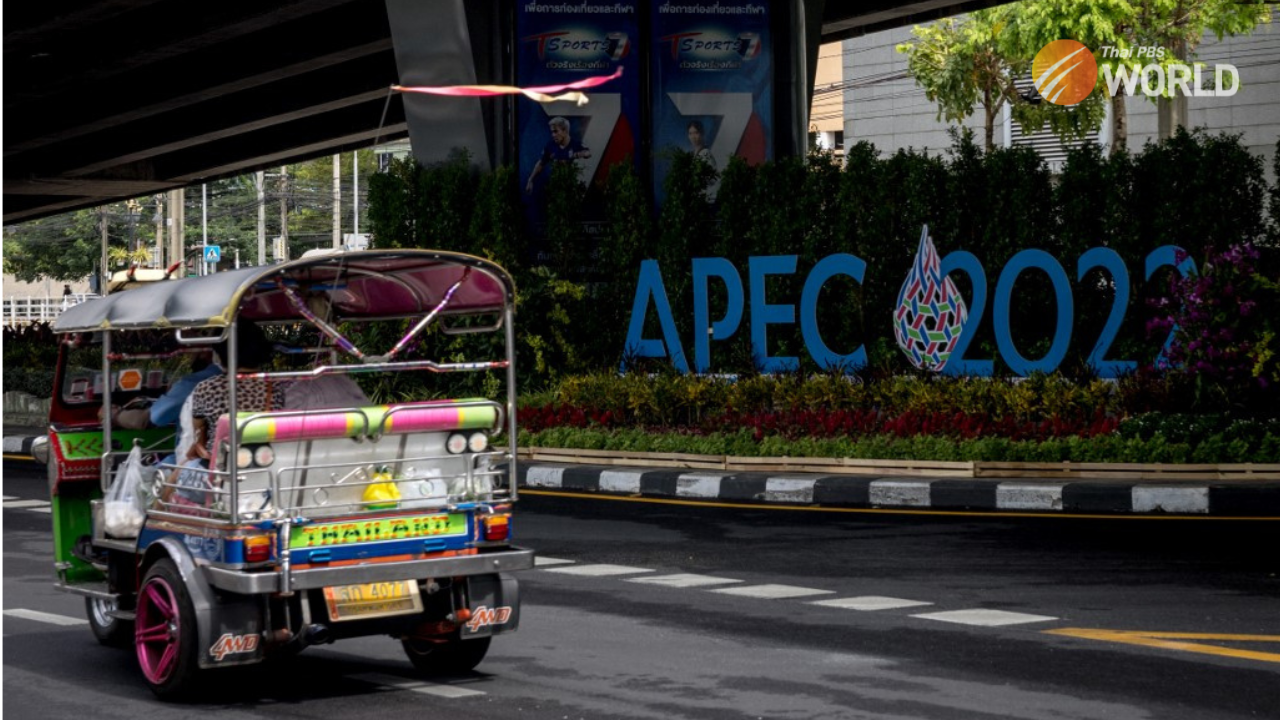
The Asia Pacific Economic Cooperation (APEC) Summit, the biggest diplomatic event hosted by Thailand in a long time, is touted by the government as a success, but civic groups are fuming, and calling for justice for victims of police violence during protests.
The government managed to get the summit to adopt its ambitious Bangkok Goals on Bio-Circular-Green (BCG) Economy as a major document to promote sustainable, balanced and environmentally friendly business models in the region. The BCG envisions the use of technology and innovation to create value, reduce waste and advance resource efficiency.
A mixed report card
The Prayut government may pat itself on the back for securing the assent of the participating members for its agenda. In reality, the BCG might end up as just another document endorsed at another meeting, piling up with others like Putrajaya Vision 2040 and Aotearoa Plan of Action adopted in APEC 2020 and 2021 respectively. Prayut’s government has been aiming to get international credibility and also make domestic political gains from its ideological economic model for post-pandemic recovery and as a longer-term strategy.
The BCG model, which Prayut’s government recently adopted for national development, might take a long time to yield results for businesses and the entire Thai economy due to limited participation. Only huge conglomerates are trying to apply the model for their business.
The government, however, estimated that being the APEC host during the year paid great dividends for tourism. As the host nation, Thailand held a series of meetings in the run-up to the summit, which brought some 10,000 delegations, business persons and journalists to the country during the year. Tourism, one of Thailand’s main engines of economic growth, is on the path to recovery this year with the number of visitors expected to hit 10 million, more than double the 427,869 last year. The number still accounts for only one-fourth of the 40 million who visited in 2019 before the pandemic.
APEC can be much more with increased action and binding commitments
Some positive takeaways
The APEC Summit undoubtedly presented Thailand with many important diplomatic engagements with many key global players, both APEC members and special invitees. The leaders of APEC members China and Japan, and special invitees Saudi Arabia and France combined their attendance at the summit with bilateral visits to Bangkok to forge cooperation and cement ties during the summit, according to Foreign Ministry deputy spokesman Natapanu Nopakun.
Thailand took its evolving ties with Saudi Arabia to the next level, signing five pacts during the visit of Crown Prince and Prime Minister Mohammed bin Salman from November 17-19. The pacts promote direct investment, energy cooperation, tourism and anti-corruption.
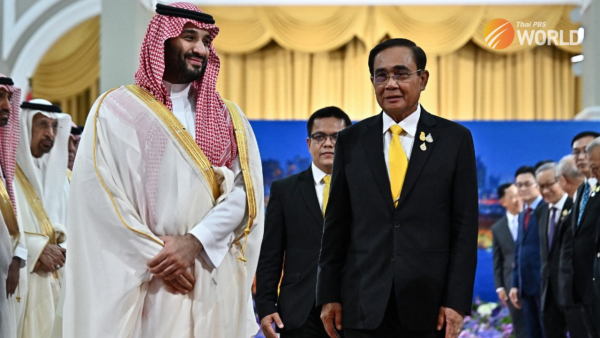
French President Emmanuel Macron made an official visit from November 16-18 to outline priorities under the roadmap for Thai-French relations for 2022-2024, which was signed in February this year. Macron became the first French president to visit Thailand in 16 years, after the state visit by Jacques Chirac in February 2006.
Japanese Prime Minister Fumio Kishida made a bilateral visit during his attendance at the APEC Summit to deepen defense and security cooperation as well as uplift economic partnership. The ministers of both governments signed a Five-Year Action Plan on Japan-Thailand Economic Strategic Partnership to set new guidelines for cooperation in the economic field. Prime Minister Prayut Chan-o-cha and his Japanese counterpart Kishida expressed their desire to materialize the concept of “Asia Zero Emissions Community”.
China’s President Xi Jinping, who came for the APEC Summit, reaffirmed his commitment to bilateral ties and work towards establishing a Thailand-China community. The two governments signed a joint action plan on strategic cooperation (2022-2026) and a cooperation plan to jointly promote Xi’s brainchild of Belt and Road Initiative.

Undoubtedly Thailand was disappointed at the absence of US President Joe Biden and Russian President Vladimir Putin from the summit. Biden assigned Vice President Kamala Harris to represent the US while Russia’s first Deputy Prime Minister Andrei Belousov filled in for Putin.
Negative impact
A clash between anti-riot police and protesters near Democracy Monument on November 18 took the sheen off the APEC Summit’s success. Things went out of hand when a group of activists and social workers tried to move closer to the meeting venue at Queen Sirikit National Convention Center to lodge a petition with visiting leaders against the BCG.
More than 30 people, including a journalist, were injured in the clash. One of them, Payu Boonsopon from Dao Din group, lost his right eye after being hit by a rubber bullet. Two dozen protesters were arrested after the clash. They later walked free on bail and filed a lawsuit against police for excessive use of force against them.
Violent protests cast a shadow over Thailand’s successful hosting of APEC Summit
PM faces the heat
The representatives of PMove, a pro-poor association which actively participated in the protest, asked for the resignation of PM Prayut. They demanded that the PM take responsibility for the violence and open an investigation into the clashes as well as provide compensation to the victims.
PMove representatives met with officials from the Office of Permanent Secretary, Office of the Prime Minister, on December 13 to follow up with the government about their demands. An official informed them that police had been conducting an investigation since November 30 and would report to the Office of the Prime Minister in 30 days. The authority would also explore possibilities of compensating the victims.
By Thai PBS World’s Regional Desk
QSNCC: Thailand’s rebuilt national convention center faces first test on global stage



